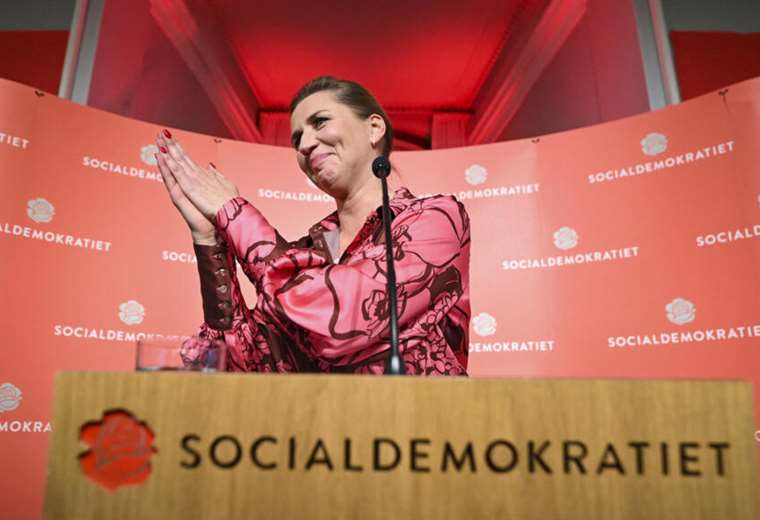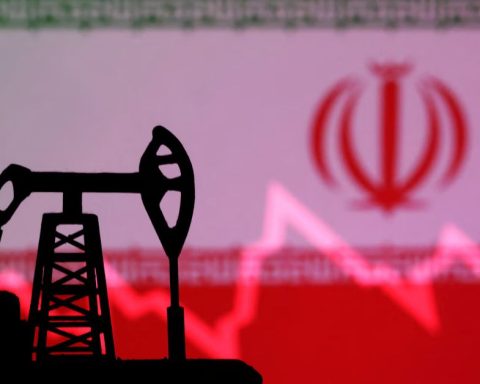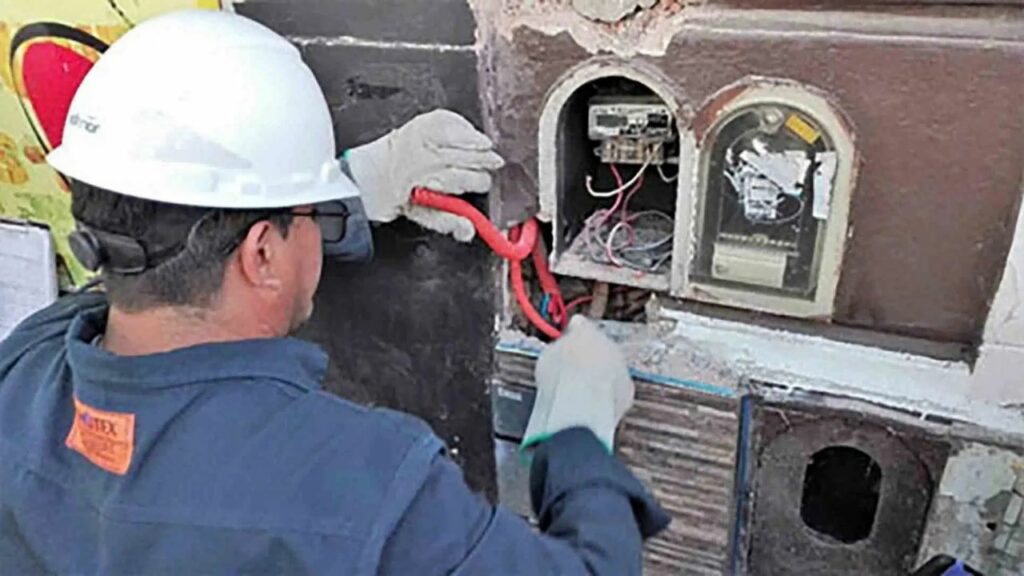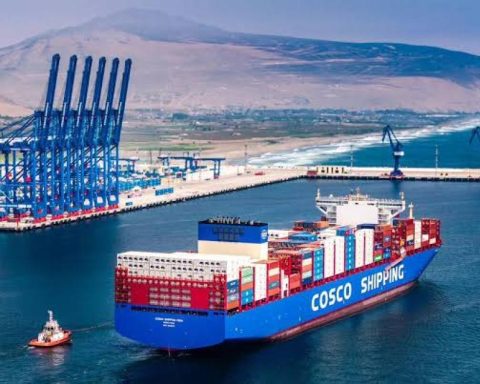November 2, 2022, 22:05 PM
November 2, 2022, 22:05 PM
The left block of Prime Minister Mette Frederiksen obtained a parliamentary majority in the legislative elections this Tuesday, thanks to a seat difference, although the Social Democratic leader keeps her hand outstretched towards the opposition. This victory, however, would not have a major impact on the country’s restrictive immigration policies, but it would have on the fight against climate change.
After a long election night, the bloc of five leftist parties obtained 87 seats in mainland Denmark and three in the autonomous territories of the Faroe Islands and Greenland, reaching a majority 90 of the 179 deputies of Parliament. The forceful irruption of “The Moderates” (16 seats), a new party does not align with either block traditional, could alter the traditional political scene in the Scandinavian country.
the block of the right and the extreme right was left with 72 seats plus one in the Faroe Islands, while the new centrist party The Moderates, which hoped to be a parliamentary arbitrator, was left with 16.
“The election results show that there is a new red majority in parliament,” said Jakob Ellemann-Jensen, leader of the Liberal Party which forms an informal alliance with the Conservatives.
Migration management is not under discussion
Denmark defends for 20 years very restrictive policies on migration. The current government defended a “zero refugee” policy and worked to set up a reception center in Rwanda to process any asylum applications they might receive, a project that the Social Democrats have no intention of changing. However, they will have to face and perhaps listen to criticism from social liberals whose deputies could be crucial in forming the next government.
Unlike the immigration issue, climate change is a hot topic and that it would take a different approach. On Sunday, some 50,000 people, including the prime minister, gathered for “The People’s March for Climate” in Copenhagen. The left has promised a law for protect biodiversity and want create a tax on carbon emissions from agriculturea move supported by other formations.


















